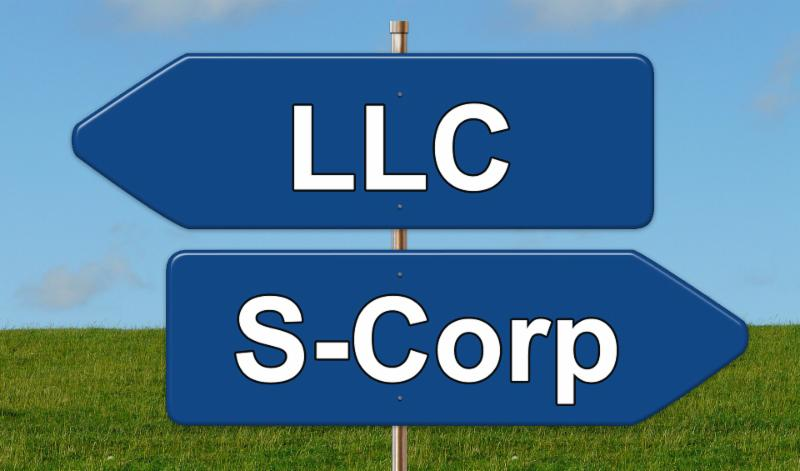A slowdown in the economy means your clients may have some time on their hands to get their businesses better organized. One option you might suggest is for them to better protect their assets by setting up a series limited liability company or SLLC for short. Here is what to tell your clients about structuring their business as an SLLC and what protections the entity offers.
Why a SLLC?
The series LLC allows business owners to divide multiple investments and debts and to operate each LLC as a separate entity with its own name, bank account, and recordkeeping. Under the master LLC, each separate entity can conduct business independently and segregate membership interests, assets, liabilities, and operations.
For example, if your client owns rental properties, your client can operate each of the rental properties as a separate legal entity within an SLLC. The benefit is in the protections the separate LLC provides. If something happens and a tenant decides to sue your client in court, the liability would be limited to the assets of the one property LLC and not everything under the master LLC. Likewise, any debts or investments for the individual property belong solely to the one property.
How an SLLC works?
Your client has the option to have different members and managers run each LLC entity and your client may choose to grant each manager different rights and responsibilities. Each individual entity can secure its own contracts, pay its own debts and buy its own assets without affecting the other entities under the SLLC.
Most important, the SLLC offers your clients substantial liability protection. Like a corporation with subsidiaries, one entity’s assets are protected from the liability risks of the other LLCs under the master SLLC—without having to pay the additional formation fees. When your client sets up a series LLC, they pay just one formation filing fee no matter how many LLCs are formed under the master. And like regular LLCs, series LLCs are also more flexible and simpler to form than a corporation.
Forming the SLLC
Currently, not all states allow the formation of series LLCs. Series LLCs can be formed in:
- Alabama
- Delaware
- The District of Columbia
- Illinois
- Indiana
- Iowa
- Kansas
- Missouri
- Montana
- Nevada
- North Dakota
- Oklahoma
- Tennessee
- Texas
- Utah
- Wyoming
- Wisconsin
- Puerto Rico
In California, you cannot form an SLLC, but you can register an SLLC from another state.
The steps to forming an SLLC are similar to a traditional LLC and requires your client to file Articles of Organization with the Secretary of State. Your client will need to indicate in the Articles of Organization the plans and authorization for subset LLCs.
Your client also needs to create operating agreements to detail the guidelines for the complete operations of the master SLLC and then subsequent operating agreements for each entity under the master. Each operating agreement should outline any unique rules applicable to the individual entity.
Converting to a Series LLC
What if your client already owns an LLC, can they make the switch to an SLLC? The answer is yes, however the process varies by state. In general, the LLC members must file an amendment to the Articles of Organization stating the conversion from an LLC to a series LLC. A new series LLC operating agreement also needs to be drafted indicating how the master LLC will be managed. In this case, filing an amendment is not sufficient. It’s also a good idea to use SLLC in the official title, such as Your Business, SLLC.
Tax issues
Only the master LLC is required to file a tax return and that will include information from all the series LLCs. Your accounting firm should guide your client through the complicated documentation, as tax treatment at the state level may be different than at federal level.
=============
Nellie Akalp is a passionate entrepreneur, business expert and mother of four. She is the CEO of CorpNet.com, a trusted resource and service provider for business incorporation, LLC filings, and corporate compliance services in all 50 states. Nellie and her team recently launched a partner program for accountants, lawyers, and business professionals to help them streamline the business incorporation and compliance process for their clients.
Thanks for reading CPA Practice Advisor!
Subscribe Already registered? Log In
Need more information? Read the FAQs





